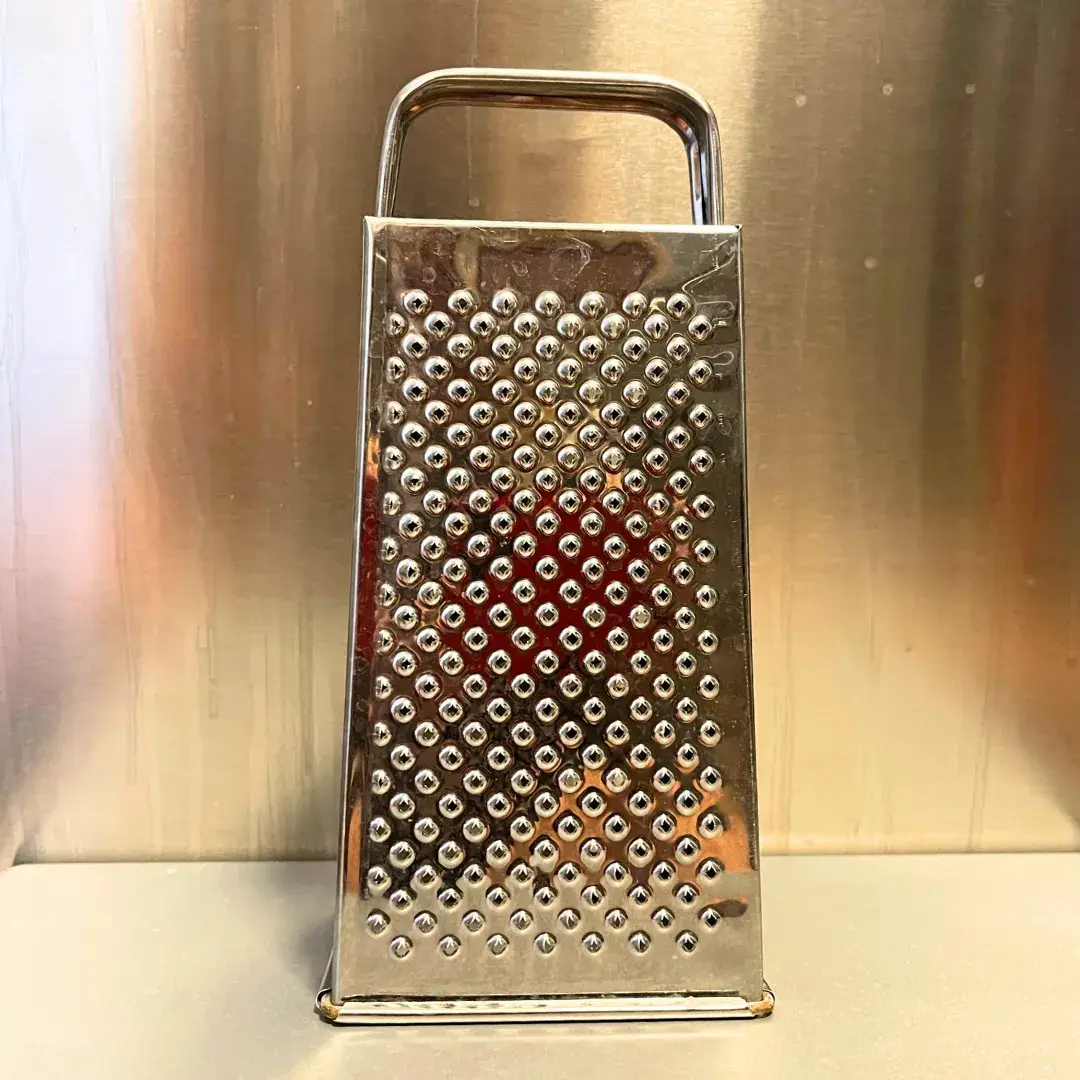Want to listen to the article? Great--listen here!
My grandmother was a Holocaust survivor and refugee who, after the war, was given a choice of three destinations. She chose the United States and settled in Brooklyn, where her brother already lived. There she built a new life, working as an office cleaner and raising my mother. But when she was about 55 years old and learned of my birth (my mom, not wanting to worry her, had chosen not to tell her about me until I’d safely arrived), she left New York to move next door to us in Arizona, where I grew up enveloped by her immense, contagious, all-engulfing love.
She didn’t own or drive a car. Every day she walked to the store to buy what she needed. My friends saw her on the street and asked, “Is your grandma homeless?” She visited my elementary school to tell her story of the Holocaust. My friends listened and asked, “Is your grandma Superwoman?”
To me, she was Super Bubbe. Her muscular legs and hands were what I admired most. Bubbe was tiny, not even 4’10” (I take after her—4’11”), but her hands were the size of a burly man’s. Maybe they grew so big and strong from digging graves in concentration camps. Certainly they helped her to survive. “Mara,” she’d say, the r rumbling in her mouth, “we are survivors.” For me, though, she wanted more than survival—she wanted me to thrive. Her own schooling had ended at age 8, and she dreamed I’d have a better education. I was determined to get a PhD to make her proud.
I was a born vegetarian, so I didn’t eat the brisket or stuffed cabbage or other meat dishes Bubbe loved to cook. But I loved her potato latkes, which she made for holidays, of course, and also throughout the year just for me. To prepare the potatoes, she used only this box grater—”my grater is the best”—and only the zesting side with the tiny star-shaped spikes. This method took her twice as long and left her knuckles bloodied, but the potatoes came out smooth, the consistency of pancake mix. She disdained latkes made using the side of the grater with the shredding holes. “They are hash browns.”
Bubbe loved socializing and often made latkes for a houseful of guests. Anyone who came to her home could eat until their belly was stuffed. She would feed you even if she didn’t know you and had just met you on the street. She’d once been starving and a beggar, she said, and despite living on a strict budget, she couldn’t pass anyone in need without helping.
She was in near perfect health when, at age 94, she fell and broke her hip. Only a few months earlier, I’d taken her to class to share her story of resilience and hope with my fellow grad students; naturally, she was a superstar on campus. Though she survived the surgery that repaired her hip, she never regained her mobility. I was with her when she died, the worst day of my life. She didn’t live to see me get my PhD, but I know she was with me that day and is with me always.
My grandmother came through the war owning next to nothing; she had nothing from Lithuania, her home country, to pass on. So after she died, I took her grater. I regularly use it for cheese, but now that my two sons are in their twenties and I’m an empty nester, I no longer have much occasion to make latkes. Still, I occasionally pull out the grater and whip up my Bubbe’s special recipe, my eyes teary, and not just from the onions.
—Tamara MC

Link to original article
Dr. Tamara MC, dedicating her life to her grandmother’s memory, writes about coercive control and advocates for human rights. She’s seeking representation for her memoir, Child Bride.
